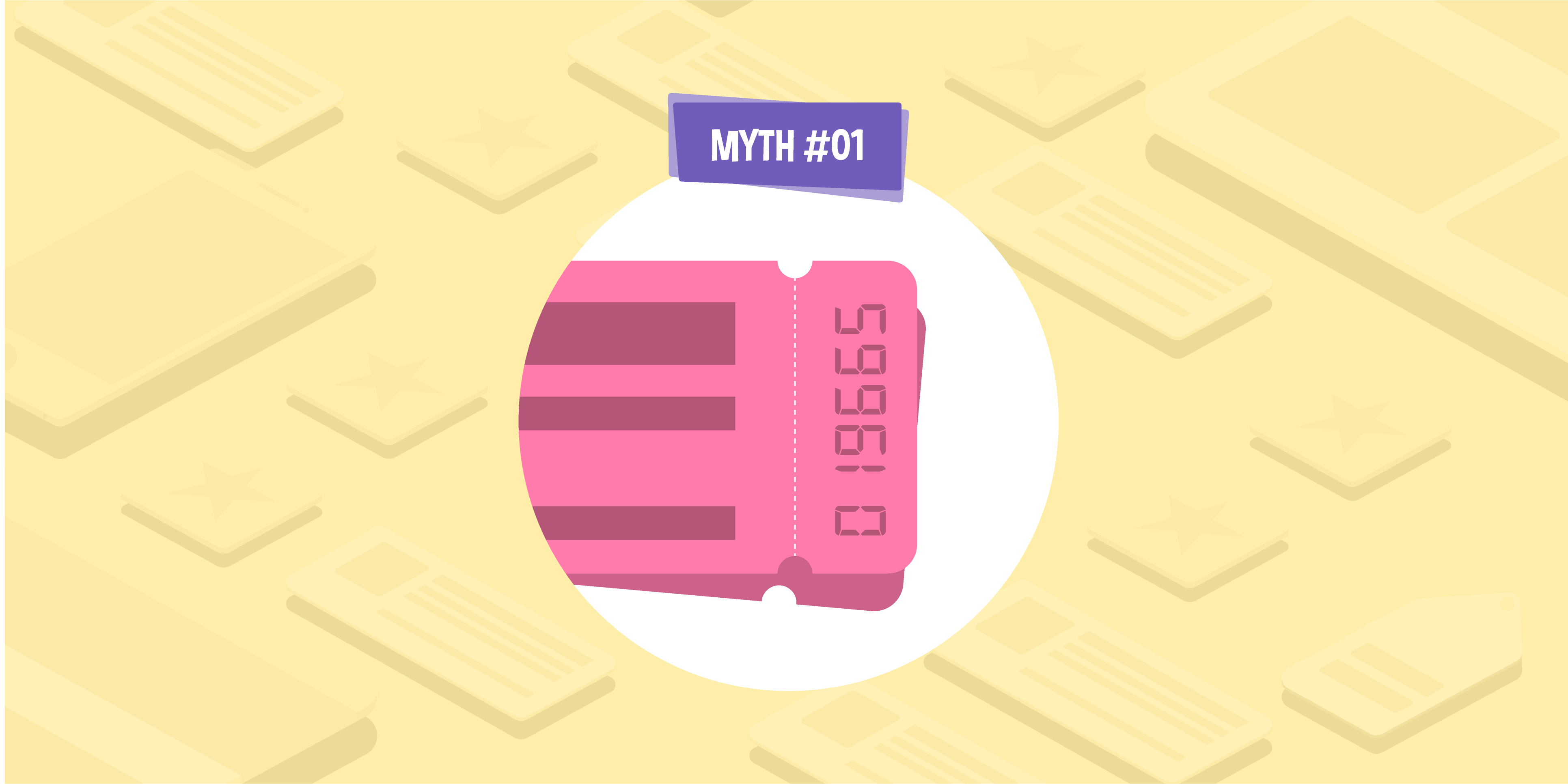
- 02 Oct 2017
- 5 Min read
September 2017: Essential SEO news & Google updates
- by Emily Park
There’s never a quiet day in the world of SEO. So, to make sure you’re up to speed with all of the latest developments, we’ve pulled together the biggest digital marketing news from the past month.
Here, we’ll cover how AMP featured snippets are becoming more common on mobile, why CSEs will compete with Google Shopping in EU SERPs, and more. And, as well as bringing you the news, we’ll explain how these developments could affect you as a business owner. Let’s get straight into it.
AMP links now show up in mobile featured snippets

At the beginning of September, Google confirmed that they had rolled out the ability for AMP links to show up in the featured snippets of mobile search results, according to Search Engine Land. Despite this change, Google stressed that AMP still isn’t a direct ranking factor.
At the moment, non-AMP links still show up in the featured snippets of some mobile search results. Although, it would seem that AMP pages are prioritised in mobile searches. For example, when Search Engine Land searched “how to use Twitter” on a mobile they were given an AMP result from wikiHow, while searching the same thing on desktop gave a non-AMP result from Forbes.
In light of these changes, you should think carefully about whether potential customers are more likely to be using Google on their mobile or desktop. If you think it would serve you best to secure featured snippets in mobile search results, it could be time to upgrade your site to load quickly on mobile devices.
Google adds instant answers and trending searches to its iOS app
With the latest update of its iOS search app, Google has added trending search and instant answer features. These were previously exclusive to the Android version of the app, although there was an outcry among users when the features were first released, which prompted the search engine giant to offer an opt-out option.
Following this update, whenever you’re typing a query into the app’s search bar, Google will try to predict what you’re planning to ask based on popular searches. Then, before you’ve even pressed enter, it will offer you an answer based on this. You’ll be given a richer answer once you complete your search.
As a business owner, you should take a particular interest in the trending searches feature, which shows users the biggest topics of the day and gives them the chance to learn more about them. You can keep an eye on these to keep track of what people care about and, if a topic relevant to your business comes up, you could take note of it and create a piece of content that people are going to be interested in reading.
You can now edit your Google My Business listing in the search results

This month, Google announced that businesses will now have the ability to edit their Google My Business local listing directly in the SERPs. This means that, as long as you’re signed into your account, you can make changes to your current listing by simply finding your business on Google Search. Then you can add to your listing and see how many views you’re getting, as well as share photos and posts that are relevant to your business.
Maintaining your Google My Business listing is a great way to build relationships with people who come across your company online. Now, it’s easier than ever before to update your details and share relevant content, so there’s no excuse for neglecting to do so.
Comparison shopping engines will compete with Google Shopping in EU SERPs

© Google Europe
Following an anti-trust ruling that was brought against Google for the way that it has favoured its own content in the past, the search engine has announced that it’s changing the way it handles its Shopping results within the EU.
Now, Comparison Shopping Engines (CSEs) such as Shopzilla and Kelkoo can run product listing ads in Google Shopping results, just like normal retailers. Google Shopping will also operate as a separate company that’s seeking to make a profit, although it will remain part of Alphabet, Google’s parent company.
The ruling came about because the European Commission claimed that, when trying to secure advertising space at the top of the site, other companies were always going to be outbid by the Google shopping service. So, these changes are an attempt to satisfy the EU’s demands for CSEs to receive “equal treatment”.
You’re now up to speed with everything that’s happened in the world of SEO in the past month. We also post daily on Twitter and LinkedIn so, if you’d like frequent updates, be sure to follow us there!


